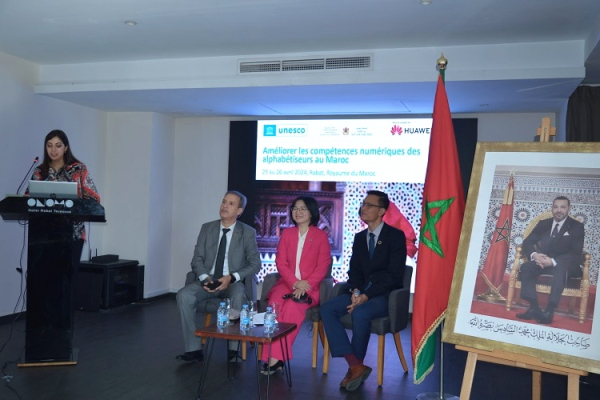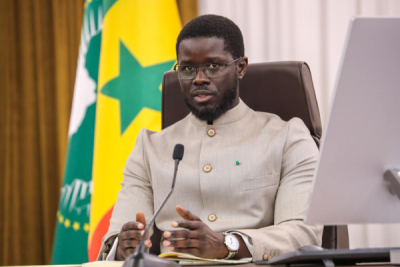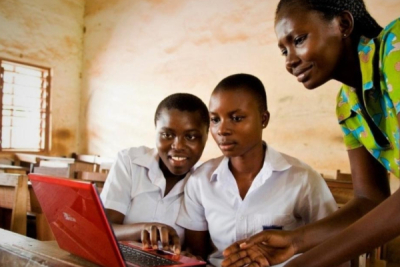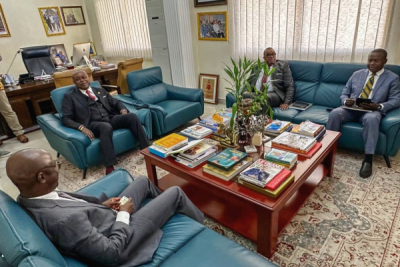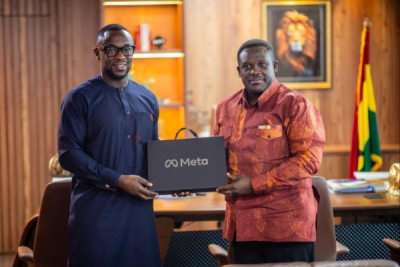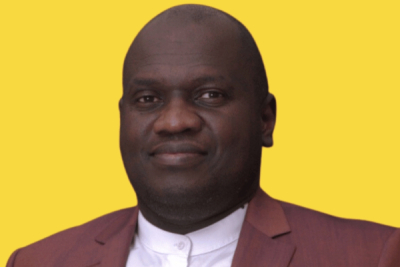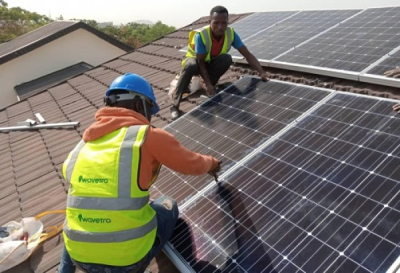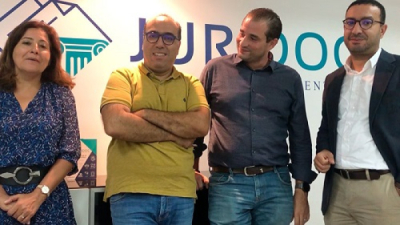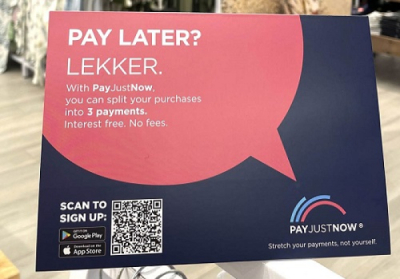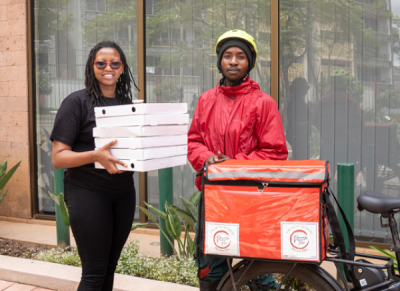Morocco becomes the fourth African country to join UNESCO Digital Skills Initiative, Following Côte d'Ivoire, Egypt, and Nigeria
On Tuesday, April 23, Moroccan authorities, in collaboration with the United Nations Educational, Scientific and Cultural Organization (UNESCO) and Chinese tech giant Huawei, initiated a program aimed at enhancing the digital skills of educators, particularly those teaching literacy. The objective is to boost the digital competencies of 10,000 literacy educators by 2025. The launch was announced last week through press releases from both UNESCO and Huawei.
“Literacy is the foundation of lifelong learning and a driver for sustainable and participatory development. In light of the digital transformation, it is essential that literacy instruction leverages the full potential of technology. We are proud to support the Kingdom of Morocco as a member of the UNESCO Global Alliance for Literacy in improving the digital skills of 10,000 literacy teachers by 2025,” stated Isabell Kempf, Director of the UNESCO Institute for Lifelong Learning (UIL).
This program is a component of the national strategy for the digitization of education, which is part of the Morocco Digital 2030 strategy. The strategy aims to position the kingdom as a regional leader in digital education. In November 2023, the Moroccan government collaborated with American company Oracle to foster digital skills in higher education, thereby providing professors and students with access to training, learning resources, and specialized software.
In essence, the implementation of this initiative will enhance the quality of education in Morocco, better equip students for the digital era, and bridge the digital divide in the kingdom.
Adoni Conrad Quenum


